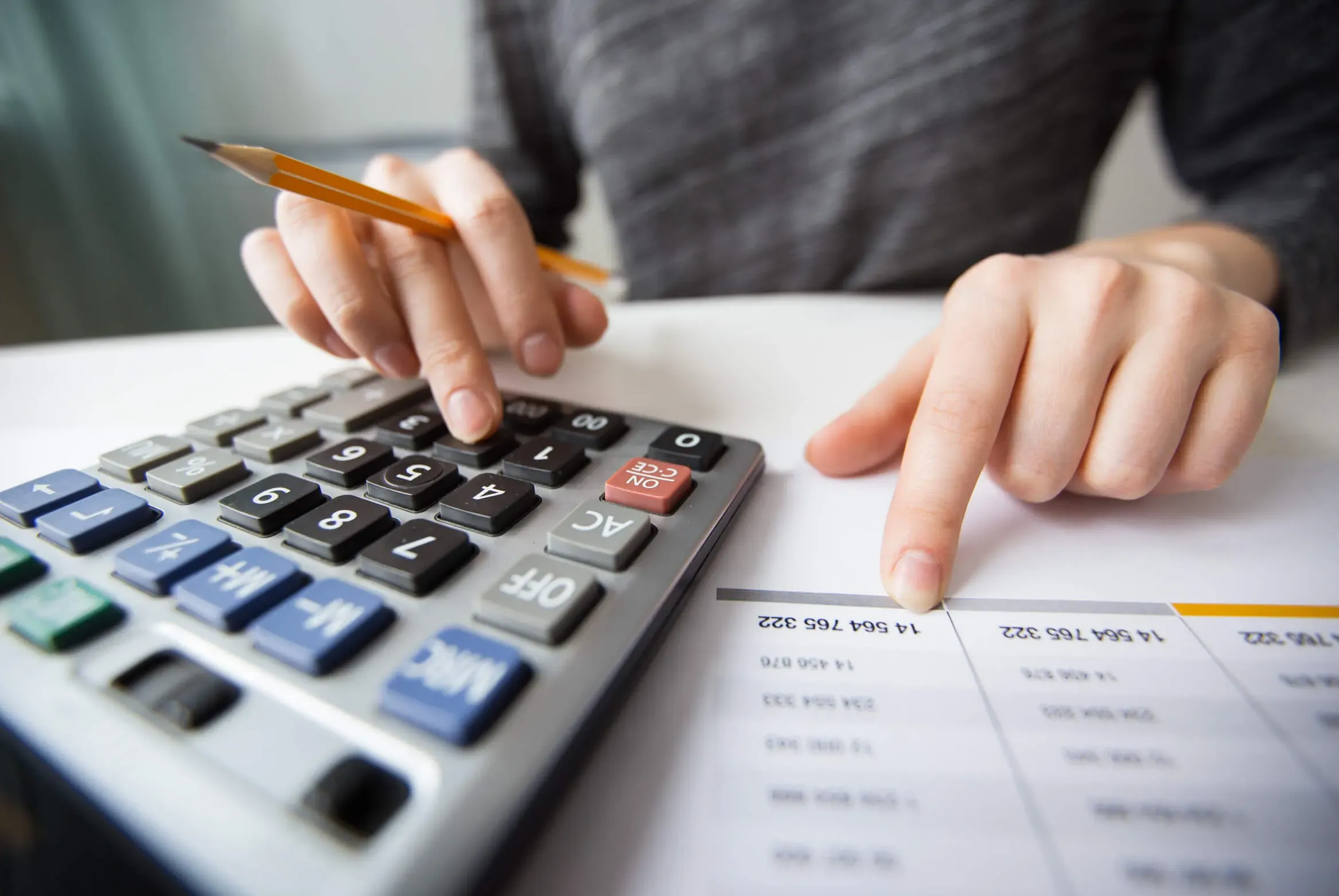Creating and maintaining a budget is an important tool for managing your money effectively.
A budget allows you to monitor your spending and make sure you are not spending more than you earn.
It also helps you save for long-term financial goals such as buying a home or saving for retirement.
Analyze your monthly income and expenses
Before creating a budget, you should know exactly how much money you have available each month.
Make a list of all your income, including your salary, rental income or investment income.
Next, make a list of all your monthly expenses, including rent, food, utilities, transportation and any other regular expenses you have.
Once you have done this analysis, you will have a clear idea of how much money you have available each month and what your regular expenses are.
Prioritize your expenses
Once you know how much money you have available to spend each month, it is important to prioritize your expenses.
The first thing you should do is identify what your basic needs are.
These include things like rent or mortgage, utilities (electricity, water, gas), food and medical expenses.
Then you should allocate a specific amount of money to each basic need and make sure that this amount is within your monthly budget.
Keep track of your daily expenses
Once you've established a monthly budget, it's important to track your daily expenses to make sure you're on track to meet your budget.
To do this, you can use an app to track your daily expenses or simply keep track in a notebook or on your phone.
Write down every expense you make, whether it's big or small. Even small expenses can add up to a lot over time.
Adjust your budget as needed
Once you've created your budget, be sure to review it regularly. You may need to adjust the numbers if your expenses or income change.
If you find that you're spending more than you anticipated in a particular category, you can reduce your spending in another area to compensate.
It's also a good practice to review your budget before making large purchases or expenses.
This will help you determine if you have enough money to cover the cost and prevent you from overspending.
Save and prepare for the unexpected
Once you've established your monthly budget and know exactly how much money you need to cover your basic expenses, it's time to think about the long-term future.
A good rule of thumb is to always save at least 10% of your monthly income.
This will help you build an emergency fund in case you face unexpected financial problems, such as a job loss or illness.
You can also consider investing that money in a savings account with a good interest rate.
This way, your savings can grow over time and be available when you need them.
With a solid financial plan and a good savings habit, you'll be well prepared to deal with any unexpected events and enjoy life at the same time.











